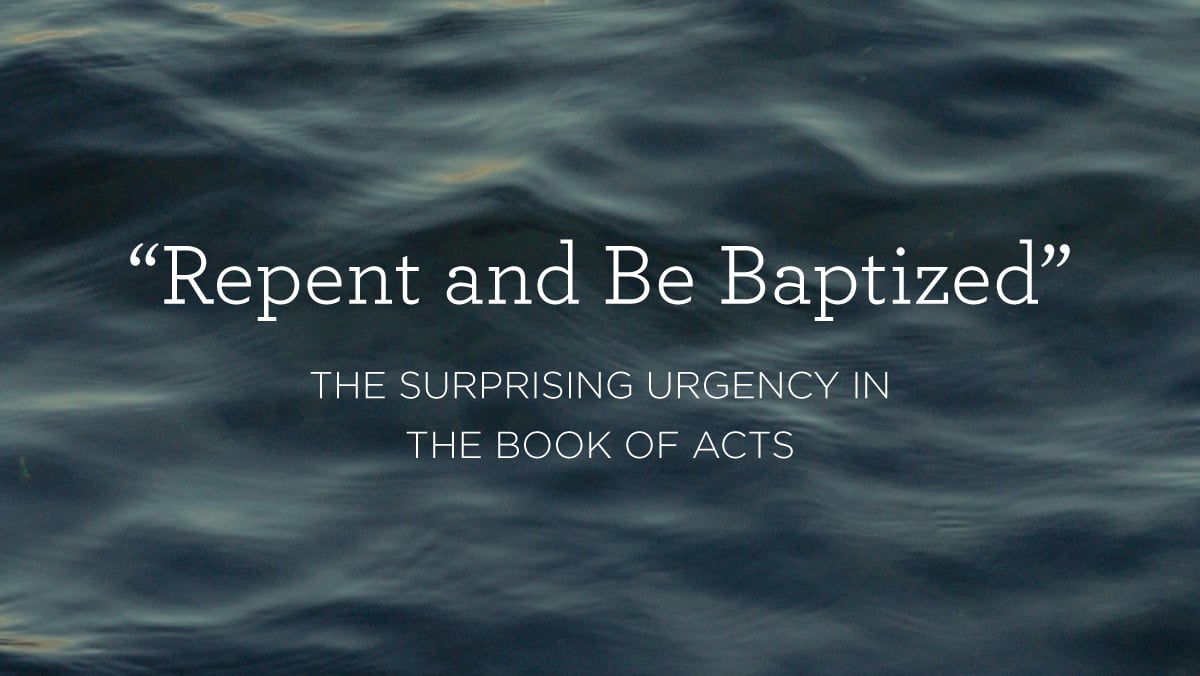“Repent and Be Baptized”: The Surprising Urgency in the Book of Acts
Among the last words of Jesus to the apostles before He ascended to heaven was this commission: “Go therefore and make disciples of all nations, baptizing them in the name of the Father and of the Son and of the Holy Spirit, teaching them to observe all that I have commanded you” (Matt. 28:19–20).
Continue reading …Topics: Articles
The Gift of Grief: How God Uses Sorrow
Second Corinthians is sometimes called Paul’s “painful letter.” Context tells us there was an unnamed individual in the Corinthian church who committed a serious, though unspecified, offense. Concerned that the sin issue would be dealt with, Paul urged the believers to practice church discipline and restore the one in error following his repentance (2 Cor. 2:1–11).
Continue reading …Topics: Articles
“Perfect Courtesy Toward All”: A Call to Gospel-Shaped Citizenship
How a Christian behaves may open doors of opportunity, or it may slam them shut. Although reputation with the world should never come before love and fear of God, the New Testament clearly calls believers to lives of public repute—of humility and obedience that demonstrate the Gospel’s moral beauty and civic value to a watching world. Generally speaking, Scripture teaches that a faithful Christian is also a good neighbor and citizen.
Continue reading …Topics: Articles
“He Will Hold Me Fast”: God’s Power to Preserve and Present
In running the Christian race, have you ever felt like quitting? Do you wonder if you’ll make it to the finish line at all? The fact is, many things stand in the way of our Christian progress. It’s “through many dangers, toils, and snares,”1 John Newton famously wrote, that we enter the kingdom.
Continue reading …Topics: Articles
“Christ Jesus Took Hold of Me”: The Gospel in Philippians 3:12
Paul was no slacker. The apostle who wrote the majority of the books in the New Testament seems never to have done anything halfway. We see that profoundly in Philippians 3, where he describes the price he paid to follow Christ: “I count everything as loss because of the surpassing worth of knowing Christ Jesus my Lord … that by any means possible I may attain the resurrection from the dead” (Phil. 3:8, 11). In his discipleship, he made an unmitigated commitment—and he stuck to it.
Continue reading …Topics: Articles
“Preach the Word”: Six Benefits of Faithful Exposition
Writing to the believers in Corinth, the apostle Paul reflected on the weighty task of proclaiming God’s Word:
Continue reading …Topics: Articles
How to Show Yourself “Approved Unto God”
Among the many sayings in the book of Proverbs is one that pastor Charles Bridges called the polestar of the Christian life1—that is, the fixed point in the sky by which one is able to navigate when no other landmark is in sight. In four lines, it reads as follows:
Continue reading …Topics: Articles
Are Those Verses Really in Psalm 139?
Psalm 139 is a precious psalm, emphasizing the basics of God’s relationship to His children. In the first six verses, David says (to paraphrase), “God knows me intimately”; in verses 7–12, “God is with me constantly”; and in verses 13–18, “God has made me wonderfully.”
Continue reading …Topics: Articles
True Freedom Comes with a Yoke
The notion of self-defined morality has become entrenched in contemporary Western culture. The world often invites us to freedom on our own terms, and it has peddled that idea everywhere from Supreme Court decisions to viral Disney lyrics (“No right, no wrong, no rules for me; I’m free! Let it go!”)1
Continue reading …Topics: Articles
Preaching Doesn’t Belong in the Shadows
William Sangster, the twentieth-century Methodist preacher, began a volume on preaching with these words: “Preaching is in the shadows. The world does not believe in it.”1 Today the situation is graver still. Despite its recovery in some pockets of the global church in recent decades, strong, healthy preaching largely remains in the shadows—but now it seems many churches do not believe in it.
Continue reading …Topics: Articles









